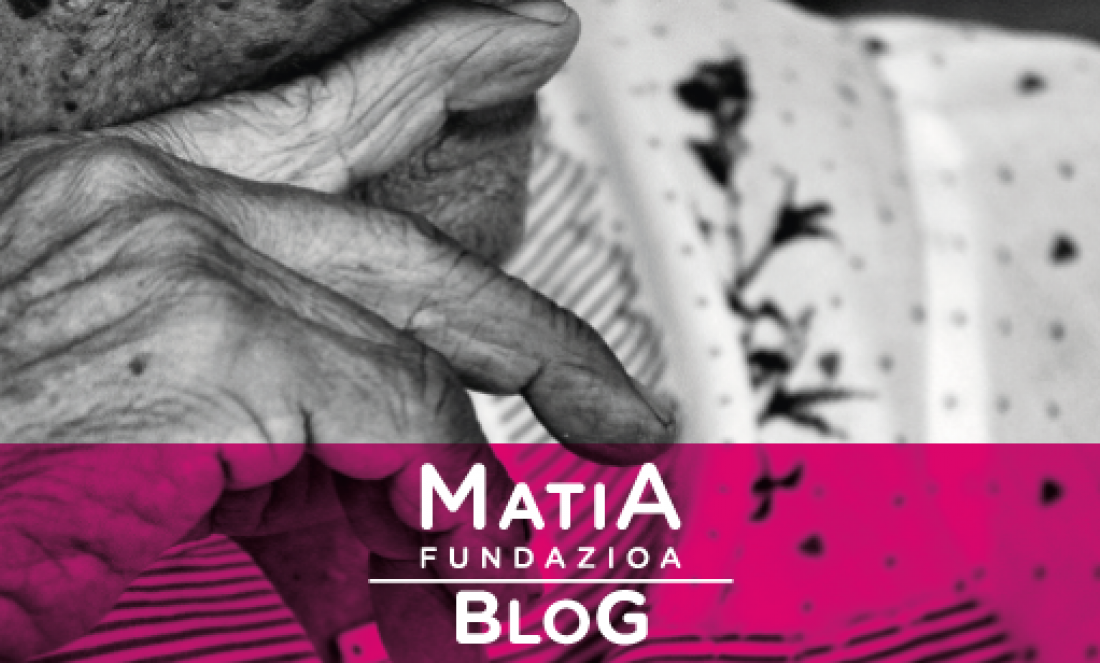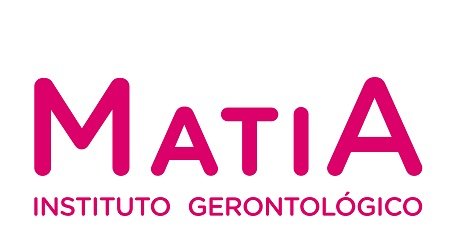
From culture to care
About a year ago, from Matia Gerontological Institute we asked two questions to several health and social services professionals, who had been caregivers, that is, that in some important period of their lives the professional and the personal had "converged". The first one focused on what the care of their family member had taught them for life, and in the second one we asked them to specify what they would transmit to future generations about the importance of care.

Since caring for a dependent person is a painful and life-changing experience, in which it is widely demonstrated that carers suffer higher levels of discomfort (depression, anxiety, stress, lower subjective well-being) and more health problems than the general population, the people interviewed had in general - without denying the suffering that caring entails - a positive view of the personal learnings they had extracted.
To the first question, a large part of the answers referred to the fact that care had taught them what generosity, perseverance, acceptance, tenderness, patience, responsibility and forgiveness are. The time they had dedicated to their family member had made them understand the intrinsic vulnerability of every human being, the existence of limits, the dependence we have on each other, and that it is from this acceptance of our own limits that personal development is possible. That time they had "given" to their family members had helped them to normalise complex situations, to live life enjoying the day-to-day and small things, to understand that everything we have is ephemeral, to have less feelings of possession over people or things, and more eagerness to live and enjoy. Care had taught them to value (and protect) their own autonomy and independence, the importance of showing affection, and that in life one receives but must also give.
Regarding what they would pass on to future generations, these health and social service professionals with personal experience of care alluded to the importance of their knowledge of the importance of interdependence (to the fact, as one of them said, that "we are a great chain: we receive, we give, we receive..."), that they know that solidarity is the best shield, that the way you care (both for the dependent people and the healthy ones with whom you share your life) defines you as a person. These same professionals pointed out the importance of reciprocity, of accompanying, of the value of learning to experience unrewarded effort. They pointed out that it is necessary to transmit that people, however deteriorated they may be, still have abilities and desires that must be valued. That observing and putting oneself in the place of a person who needs help is a "master class" on compassion that avoids present and future discomforts, some of which are of very limited importance despite the magnification that is usually made.
The fact is that some of the challenges (not only of care, but of general care) that our society faces are projected into care: better reconciling professional and family development, allowing for living and caring, improving the redistribution of tasks between women and men, promoting values and learning intrinsic to care such as solidarity, tolerance, listening, compassion, interdependence, commitment, etc., typical of a healthy society.
According to the European Health Survey of 2014, there are 4,410,900 people (non-professionals) in the state who carry out care tasks (of which 702,000 are over 65 years old). Care should stop being a private matter, without recognition or social value, almost exclusively of family responsibility. The 21st of September, World Alzheimer's Day, is a good time to remember this.
News link: http://ow.ly/b9DU304nh2C
*Published in "El Diario Vasco", 18 September 2016.

Add new comment